News

Sri Lanka reports another 12 Covid-19 deaths
The Director General of Health Services has confirmed another twelve Covid-19 related deaths for October 16, increasing the death toll in Sri Lanka due to the virus to 13,484.
According to the figures released by the Govt. Information Department, the deaths confirmed today include 08 males and 04 females.
Three of them, including a female, are between the ages 30-59 years while the remaining nine are aged 60 years and above.
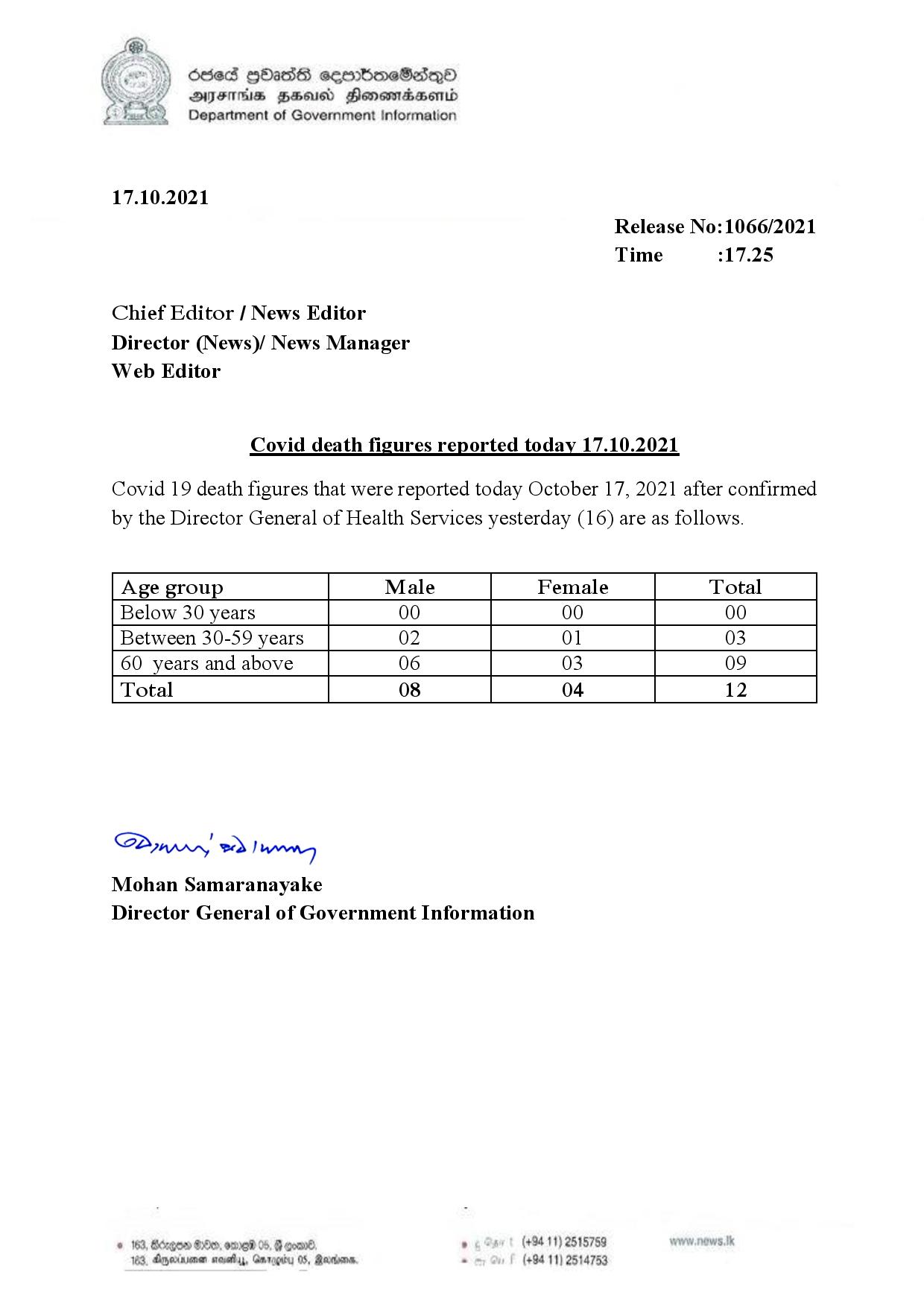
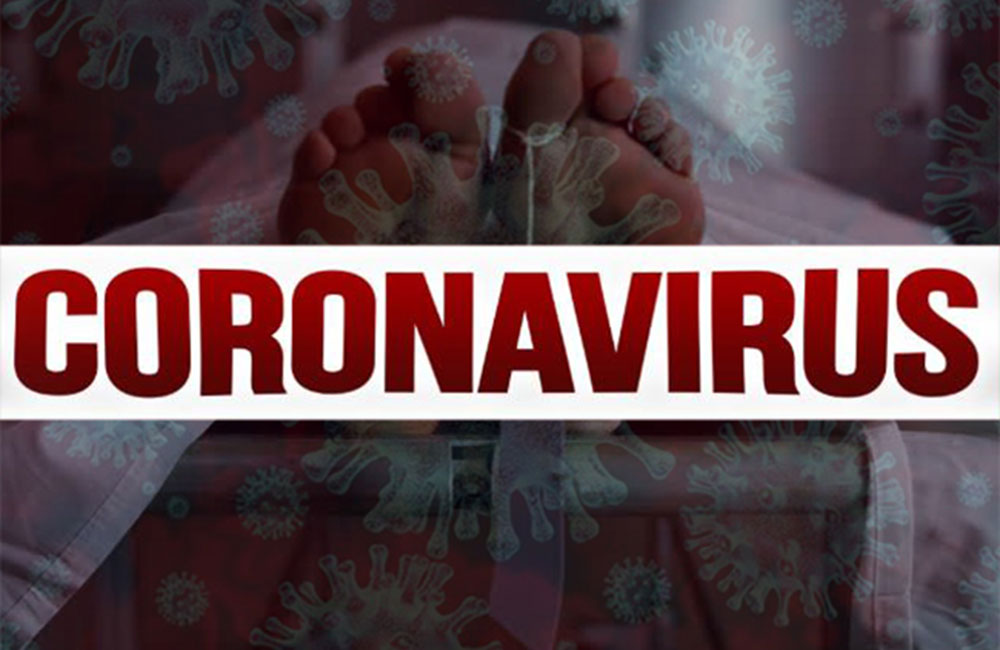
COVID-19 fatalities in SL increased to 13,429
A total of 21 more COVID-19 related deaths that occurred yesterday (13) were confirmed by the Director-General of Health Services today pushing the death toll to 13,429.
According to the Government Information Department, 6 females and 15 males are among the deceased.
A total of 16 people who are above 60 years of age are among the deceased while 5 of them are between 30 and 59 years of age.
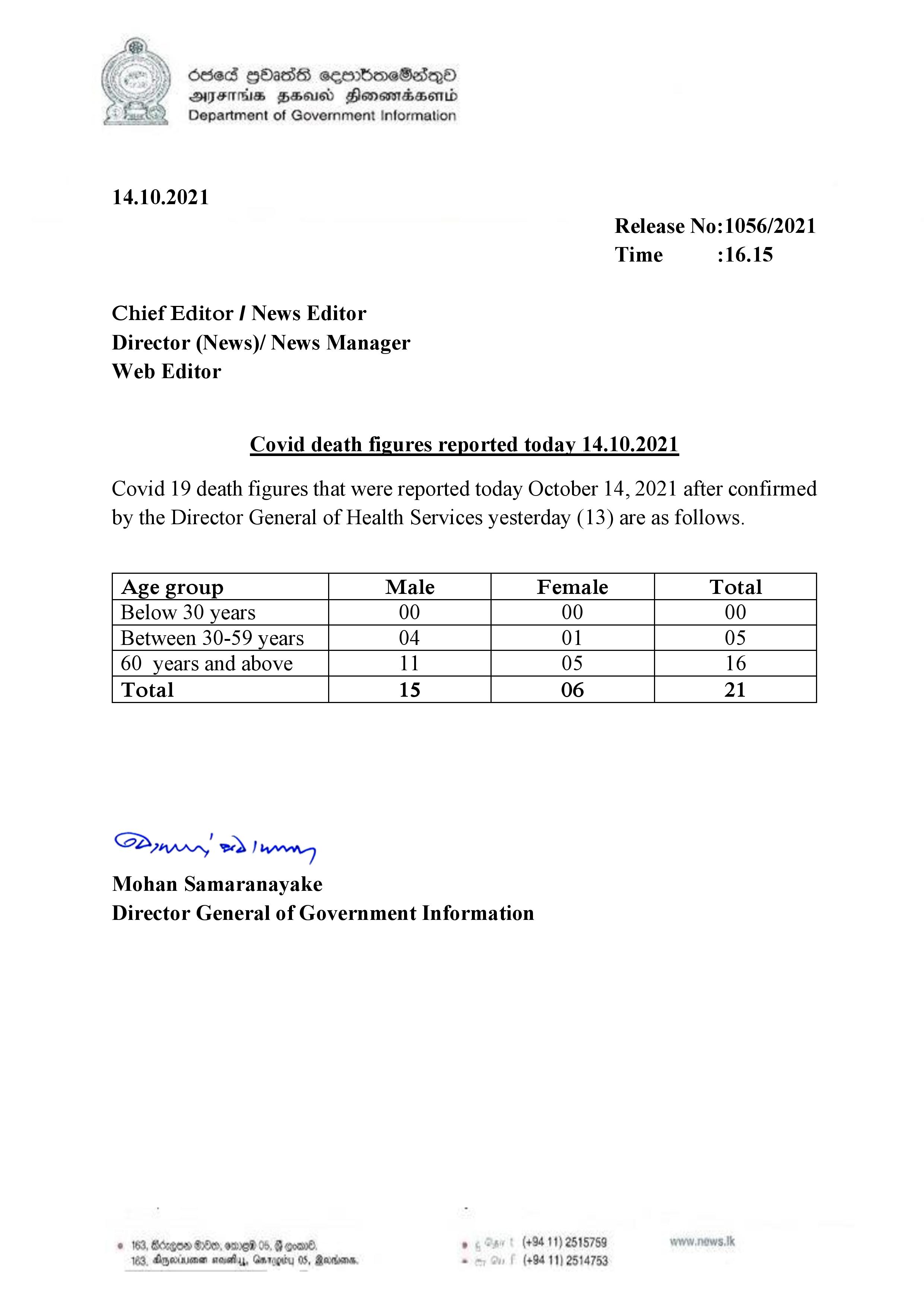
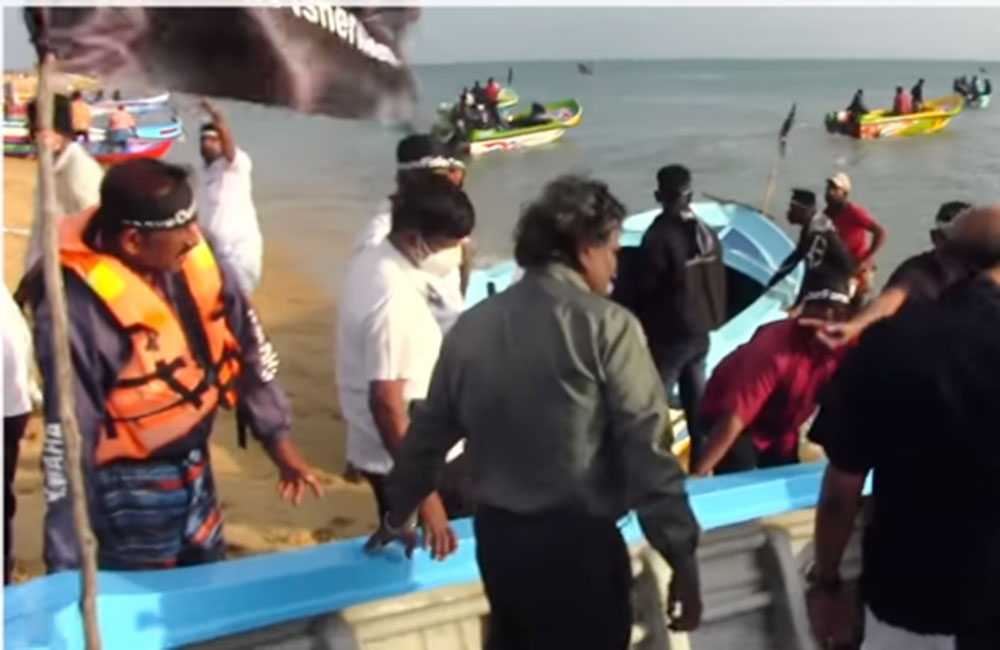
Northern fishermen protest against encroachment of Indian trawlers
Hundreds of fishermen in the Northern Province engaged in a protest today (17) against the forcible encroaching on Sri Lankan waters by their Indian counterparts.
Ada Derana reporter said that around one hundred fishing boats set out to sea from Mullaitivu to Point Pedro to engage in the protest, hoisting black flags with “#SaveOurFishermen” written on them.
The protest had been organized to demand that authorities to put an end to the illegal encroachment by Indian fishing trawlers in Sri Lankan territorial waters and also against the attacks on Sri Lankan fishermen and the damaging of their fishing nets by Indian fishers.
The protesters say that fishermen in the Northern Province are facing serious issues due to no permanent solution being provided for this long-standing Indian fishermen issue.
Representatives of the Tamil National Alliance (TNA) including MPs M.A. Sumanthiran and Shanakiyan Rasamanickam also participated in the protest campaign.
In a video posted on his twitter account, Shanakiyan said that the protest is against the inaction by Fisheries Minister Douglas Devananda to resolve the issue.
He accused the minister of “standing idly by” while Indian fishermen enter into Sri Lankan waters and engage in illegal fishing and other practices.

Rohitha says no intention of getting involved with cricket administration
Former club rugby player Rohitha Rajapaksa yesterday denied that he wanted to play at the upcoming Sri Lanka Cricket (SLC) Major League 50-over tournament, also shooting down media reports that he was bidding to feature in the Lanka Premier League (LPL) in December or potentially run for cricket administration.
The youngest son of Prime Minister Mahinda Rajapaksa, Rohitha has had a long association with rugby, having represented Navy SC, Army SC and CH & FC as a player before taking on coaching roles at various levels of the sport.
Reports on social media claimed that Rohitha had participated in a practice match at the Surrey Ground in Maggona yesterday and had expressed a desire to lay for the Kalutara team at the 50-over club tournament.
Suggestions were that he was either trying to qualify for the LPL, the franchise-cricket tournament that features international cricketers, or attempting to meet the eligibility criteria to run for cricket administration.
“I have no intention of getting involved with the cricket administration and neither do I have any intention of playing for the LPL,” Rajapaksa said in a statement circulated by his Media Secretary, which was received at 10:25 p.m.
“If I’m playing any sport I give my 100% and that’s only because I love sports. I am currently preparing for the rugby sevens tournament on the 30th and 31st of this month and I am currently playing cricket with our old Thomian team,” the statement also said.
However, when Daily Mirror spoke to the President of the Kalutara TC earlier in the evening, he said that Rohitha had approached him about playing for the club.
“He came and spoke to me and said he was keen to play cricket with our club. He has been playing for the last six or seven months and he said he was interested in playing in the upcoming 50-over club tournament,” Kalutara Town Club President Deepal Perera told the Daily Mirror.
“I don’t know whether he wants to continue playing beyond the 50-over tournament, but his initial plan is to play in that tournament,” Perera added.
dailymirror
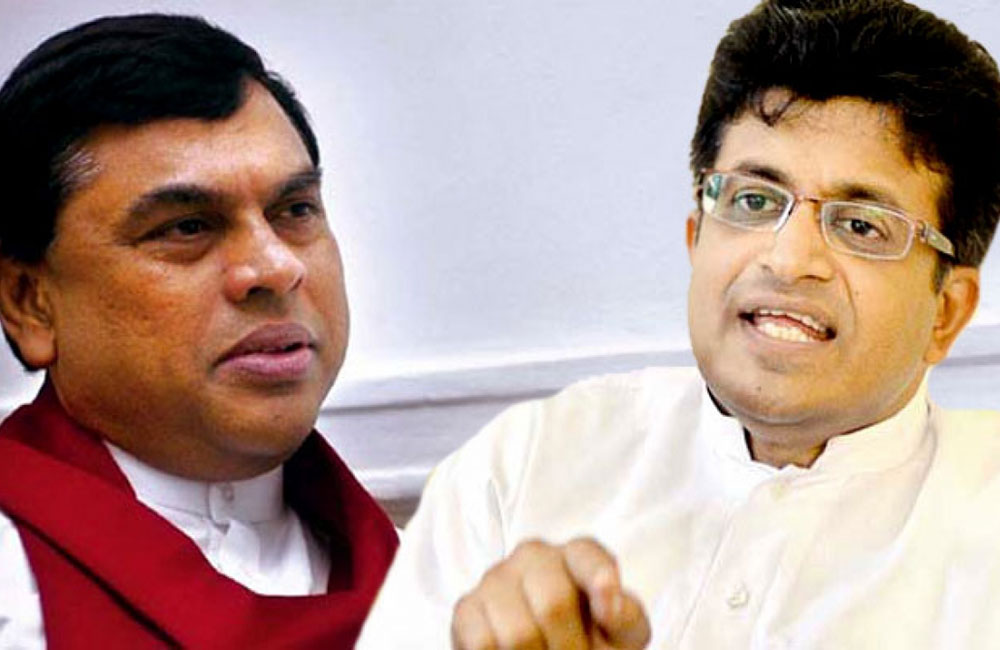
Sri Lanka seeks $500 million loan from India for fuel purchase
Sri Lanka has sought a $500 million credit line from India to pay for its crude oil purchases amid a severe foreign exchange crisis in the island nation.
The move came few days after energy minister Udaya Gammanpila warned that the current availability of fuel in the island nation can be guaranteed only till next January.
The state-run Ceylon Petroleum Corporation (CPC) owes nearly $3.3 billion to the two main government banks -- Bank of Ceylon and People's Bank.
The state oil distributors imports crude from the Middle East and refined products from other areas, including Singapore.
“We are currently engaged with the Indian High Commission here to obtain the facility ($500 credit line) under the India-Sri Lanka economic partnership arrangement," CPC Chairman Sumith Wijesinghe was quoted as saying by a local news website.
He said the facility would be utilised for purchasing petrol and diesel requirements.
The energy secretaries of both India and Lanka are expected to sign an agreement for the loan soon, the report quoted Finance Secretary S R Attygalle as saying.
The government has put on hold the expected retail price hike of fuel despite the last week's increase in cooking gas and other essentials.
The price hike in the global oil prices has forced Lanka to spend more on oil imports this year. The country's oil bill has jumped 41.5 per cent to $2 billion in the first seven months of this year, compared to last year.
Lanka is facing a severe foreign exchange crisis after the pandemic hit the nation's earnings from tourism and remittances, Finance Minister Basil Rajapaksa had said last month.
The country's Its GDP contracted by a record 3.6 per cent in 2020 and its foreign exchange reserves plunged by over a half in one year through July to just $2.8 billion. This has led to a 9 per cent depreciation of the Sri Lankan rupee against the dollar over the past one year, making imports more expensive.
(Times of India)
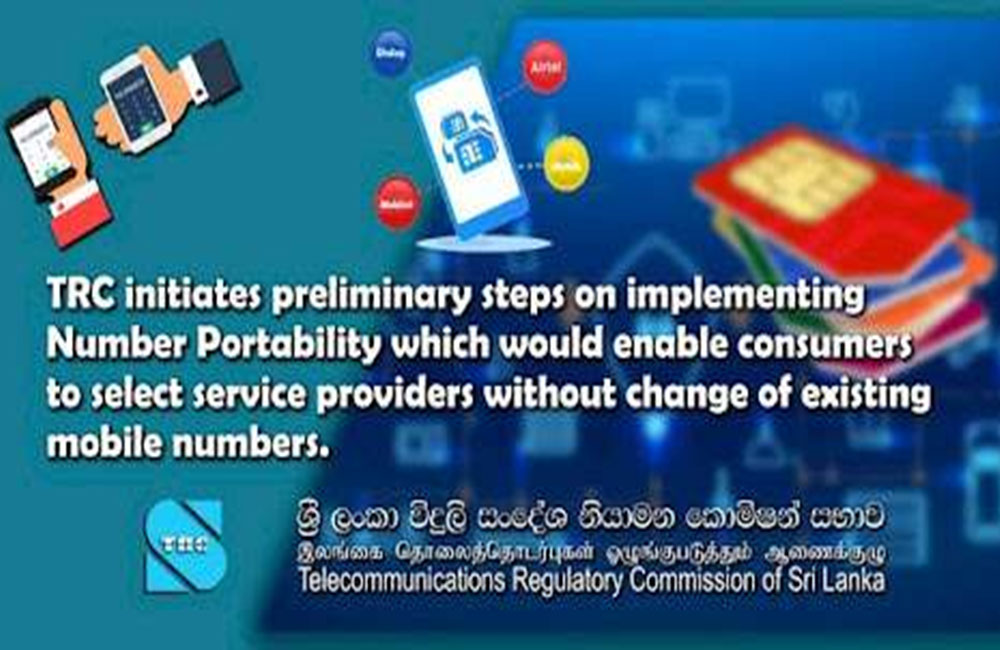
Legal approval granted for number portability service - TRCSL
Legal approval has been granted for subscribers to obtain Number Portability Service among telecom service providers in Sri Lanka, says the Director-General of the Telecommunications Regulatory Commission (TRCSL).
Preliminary steps on implementing this service were initiated by the TRCSL last year.
Mobile Number Portability (MNP) is a facility that allows mobile subscribers to retain their mobile numbers when switching from one service provider to another and creates an environment that fosters consumer choice.
Enabling subscribers to switch between service providers, removing the barriers and inconveniences automatically promotes effective competition among different telecom networks.
A document compiled by the TRCSL says this paves way for improving quality of service, network coverage which rewards the service providers who maintains networks successfully. Hence number portability was recognized as an important driver of competition by regulators around the world.
Number portability service benefits porting user and callers by eliminating the cost of informing other parties of the number, the need to reach directory enquiries and/or change entries in their address books or computer systems. It increases the competition for the telecom industry by lowering the cost to users of switching or service provider and improvements in service quality.
However, the subscribers need to be completely aware of the services offered by the new operator and the terms and conditions of the new contract prior to switching operators, as only the number that is ported but not the existing services or tariff plan given by the existing service provider along with the number.
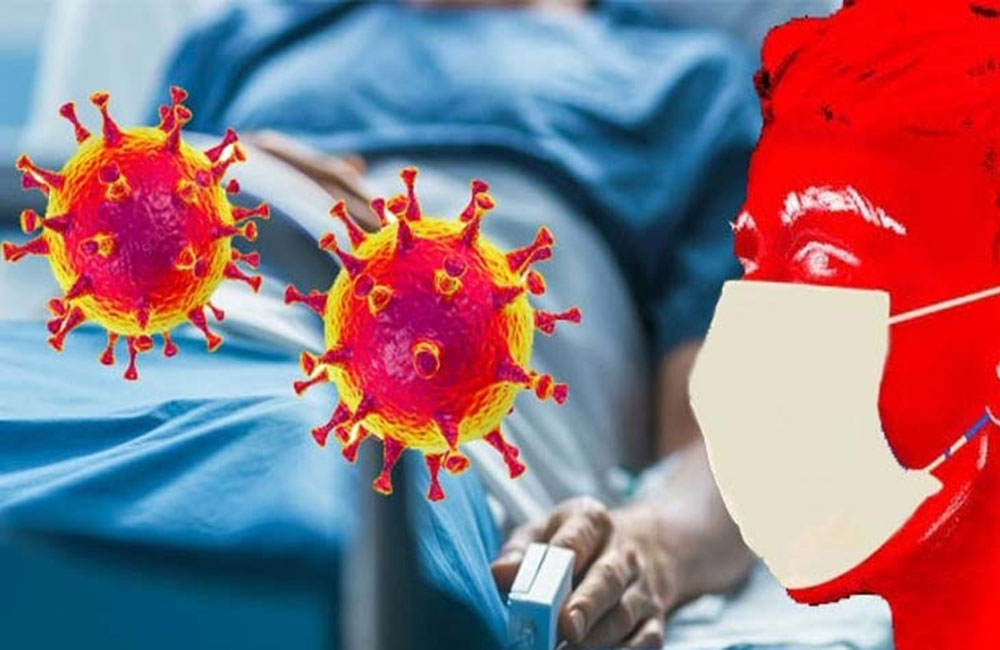
COVID fatalities in Sri Lanka increased to 13,449
The total number of people, who died of COVID-19 infection in Sri Lanka, moved up as 20 more fatalities were confirmed by the Director-General of Health Services on Thursday (October 14).
The new development has pushed the official death toll from the virus outbreak in the country to 13,449.
The latest victims include 11 males and 09 females, the Department of Government Information said.
According to official data, 14 deaths were reported among elderly people aged above 60 years. In addition, 05 people aged between 30-59 years and one female below the age of 30 have also succumbed to the virus infection.
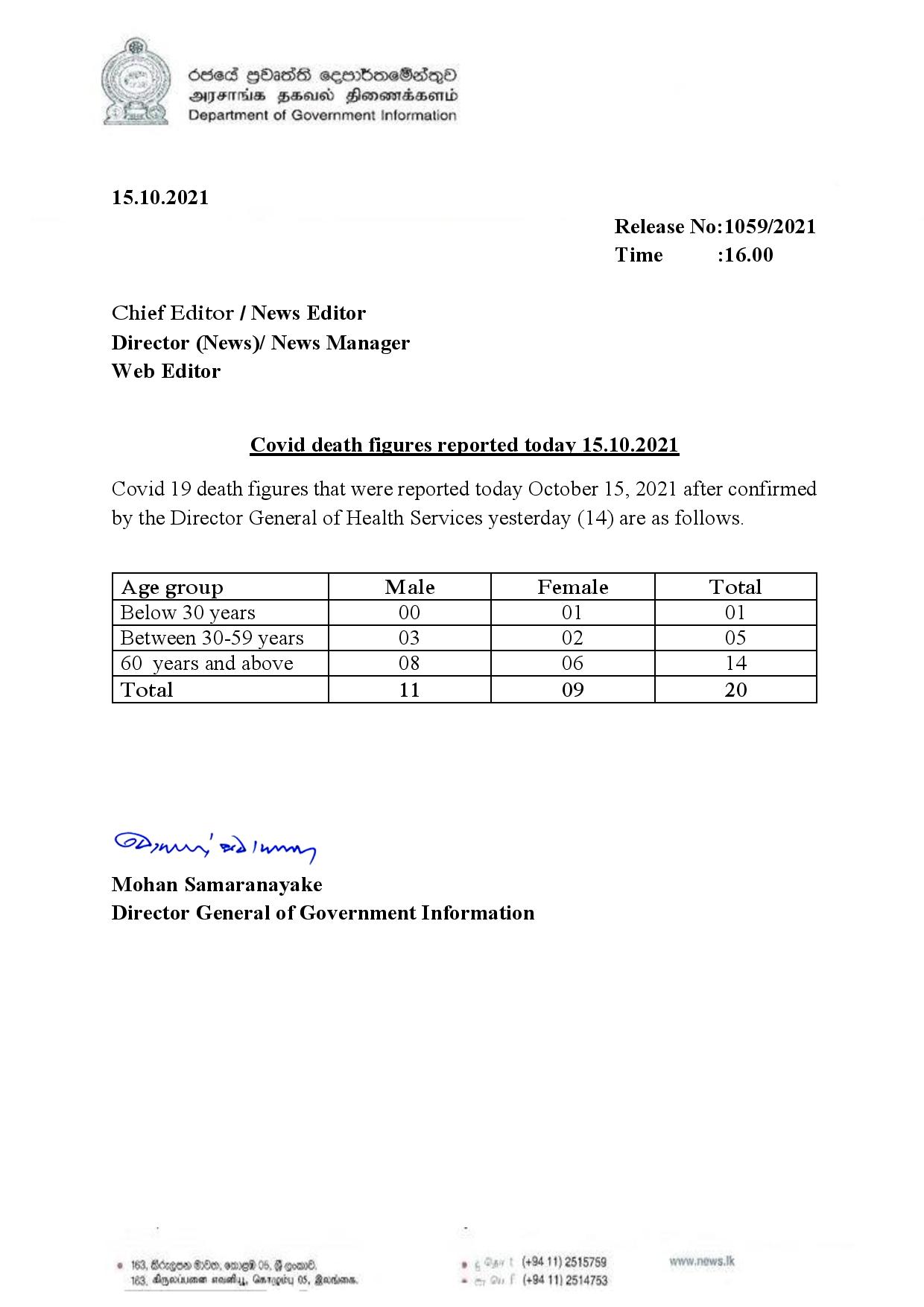
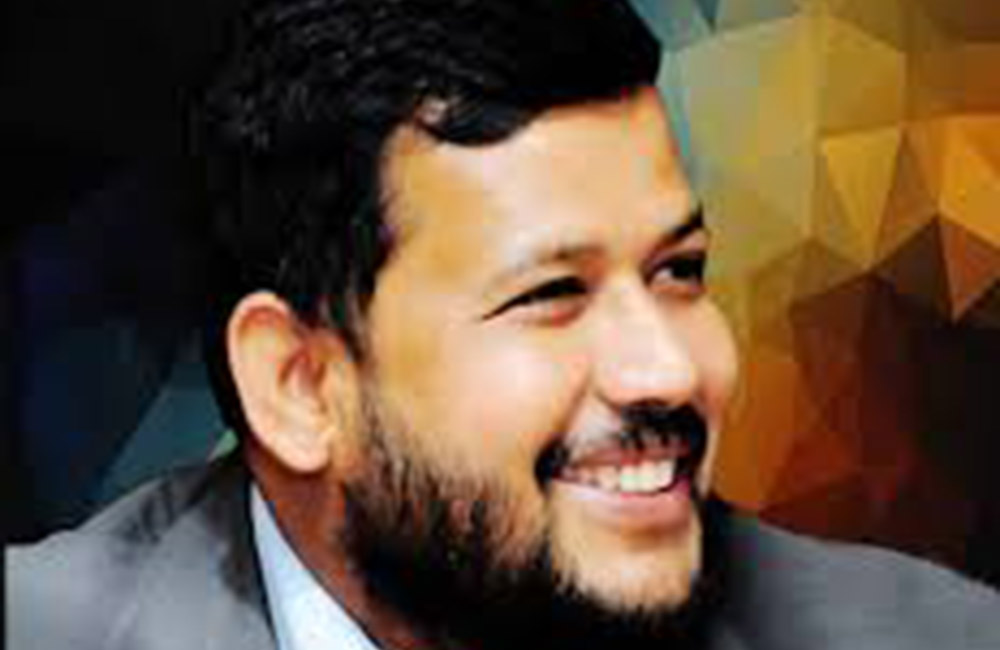
Rishad Bathiudeen granted bail
Former Minister Rishad Bathiudeen who was remanded previously, was granted bail today (14).
Ex-Minister Rishad Bathiudeen was previously remanded in the case filed over the death of 16-year-old Jude Kumar Ishalini, who died while employed as a domestic aide at the Colombo residence of the MP.
While the Ex-Minister was remanded further, the MPs Wife & Father-in-Law, the 02nd and 03rd suspects in the case were released on 04 surety bails each, and each amounting to one million rupees.
Ex-Minister Rishad Bathiudeen was named as the fifth suspect in the case filed over the death of 16-year-old Jude Kumar Ishalini.
Moreover, Ex-Minister Bathiudeen was also granted bail subject to strict conditions in the case filed over giving priority to a firm owned by Ibrahim Ahamed, one of the suicide bombers responsible for the 2019 April 21st Terror Attacks, by providing scrap metal and copper owned by the Ministry of Industries, and using the funds generated through that scheme to fund terrorism.
Bathiudeen was arrested and remanded under the provisions of the Prevention of Terrorism Act.
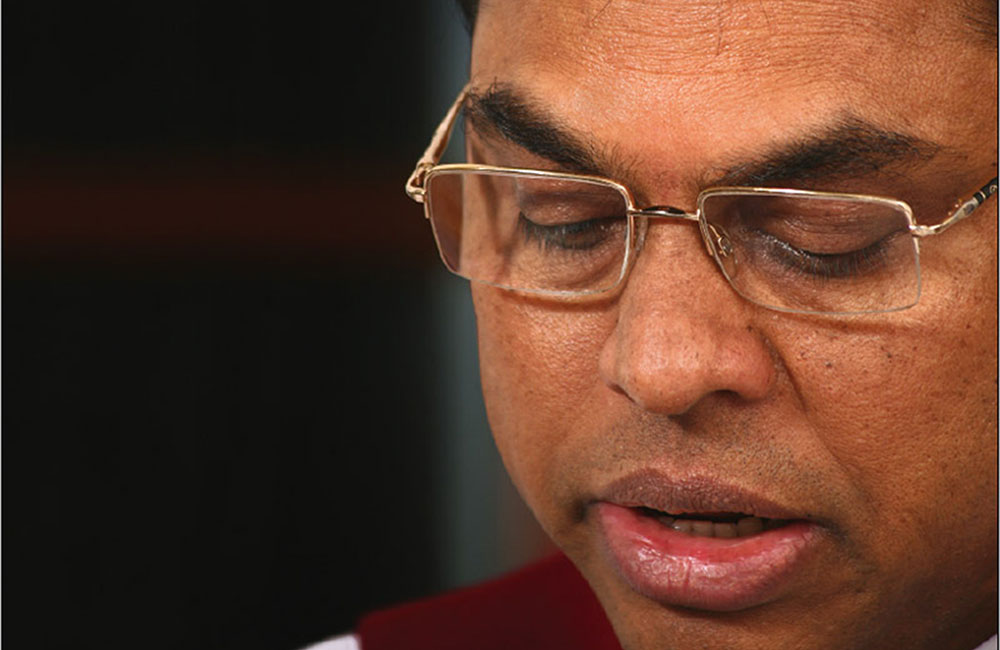
Basil Rajapaksa and Ranawaka discharged from 2015 misappropriation case
The Colombo High Court today (15) discharged Finance Minister Basil Rajapaksa and former Director-General of Divi Neguma, Kithsiri Ranawaka from the 2015 misappropriation case.
A case had been filed against Rajapaksa and Ranawaka, for allegedly misappropriating Rs. 36.5 million from the Divi Neguma fund to purchase and distribute GI pipes, in the run up to the 2015 Presidential Election.
The Attorney General withdrew the indictments filed against both suspects when the case was taken up in Court today, after which judge Namal Balalle ordered the release of Rajapks and Ranawaka.
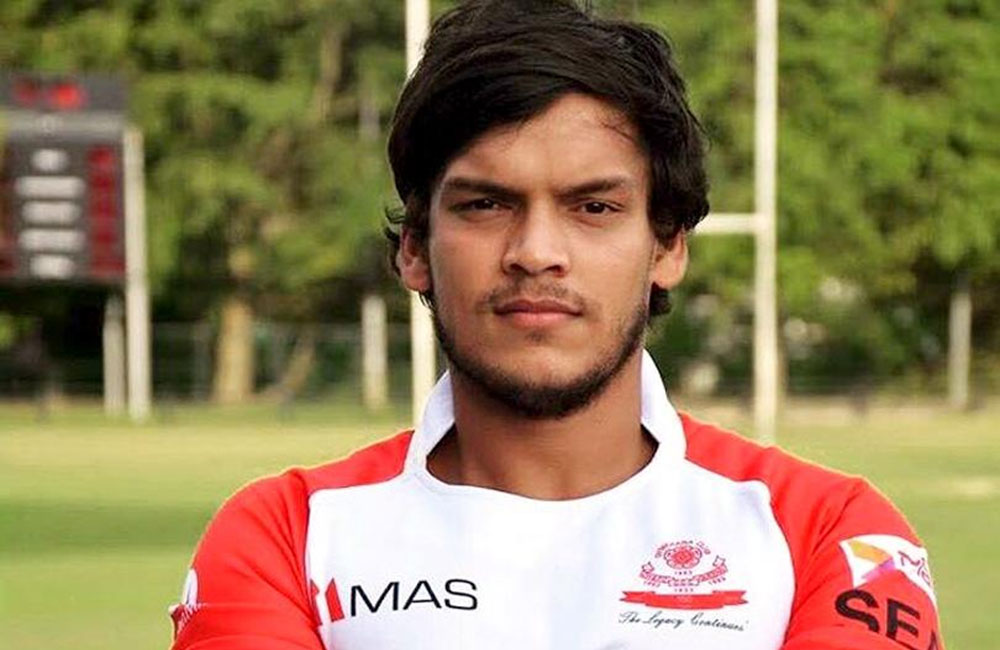
Sri Lanka Prime Minister Mahinda Rajapaksa’s son Rohitha makes cricket debut
Rohitha Rajapaksa, youngest son of Sri Lanka’s Prime Minister Mahinda Rajapaksa, is making his cricket debut today in his bid to participate in the upcoming domestic 50-overs tournament, Cricket Age exclusively learns.
Rohitha, a former rugby player, represented Army rugby team in past. According to sources, at the moment, Rohitha is playing a practice match at Surrey Village, Maggona for Kalutara town club.
“The club is organizing a practice match today to identify players for the upcoming 50 over tournament. He (Rohitha) is also playing in the practice match” a source told Cricket Age.
50 over tournament is scheduled to kick off on October 27. The Sri Lanka Cricket (SLC) Tournament Committee is hoping to finish off the tournament before the Lanka Premier League (LPL). It will be followed by the all-important National Super League with the participation of 5 teams – Colombo, Kandy, Dambulla, Galle and Jaffna. This will be the highest standard of domestic cricket in the country.
The players will be selected for the National Super League upon their performances in the Inter-Club competitions. The National Super League will be played as four-day first-class matches and 50-over matches in January, February and March.
The new structure was designed by the Tournament Committee of the Sri Lanka Cricket headed by Samantha Dodanwela in consultation with the Technical Advisory Committee led by Aravinda De Silva.
Cricket Age
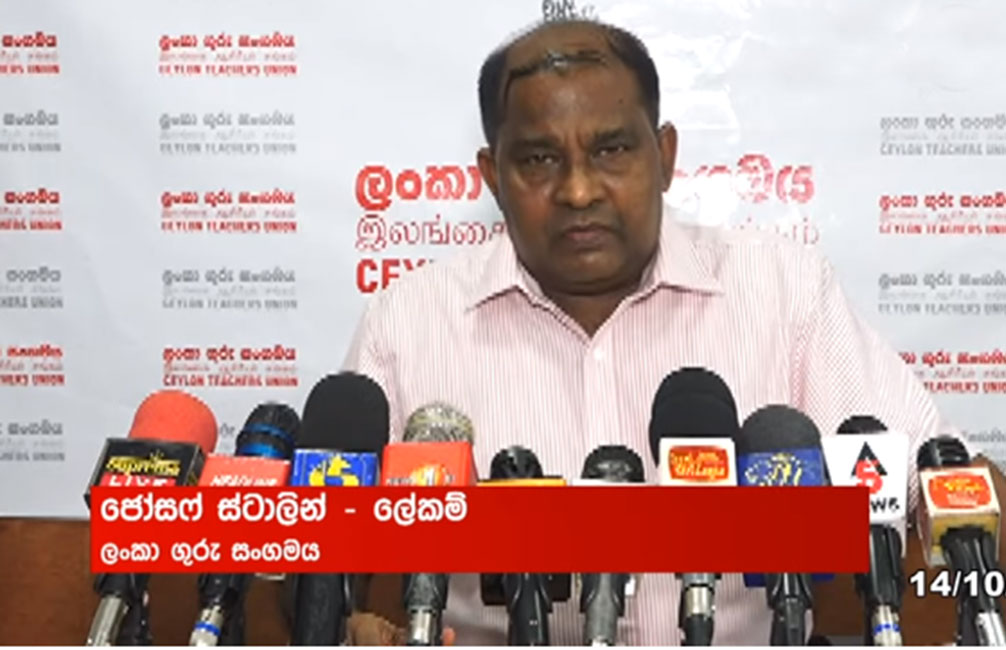
Deadline for solving salary issue is 21st Oct: Starlin
The Teachers Unions announced that they will give the Government time until 21 October to resolve the issues pertaining to salary anomalies.
Joseph Stalin, the General Secretary of the Ceylon Teachers’ Union questioned the Government for not taking steps to provide teachers, who work tirelessly to provide education, with Rs. 30 billion as the Government clearly has the capability to do so.
Pointing out that the very same Government made the decision to give Rs. 120 Million to Chairmen and Vice Chairmen of District coordinating committees for the purpose of holding Provincial General Elections, Starlin said that the Government having funds for these expenses but not having funds to solve the salary issue of teachers and principals is a big question.
The teachers and principals union took a step back and asked for less than the prescribed amount in the Subodini Committee report, he continued.
” The Subodini Committee report prescribed for Rs. 71 Billion to be given to teachers and principals, yet what we requested was a proposal of Rs. 30 Billion. Therefore, We will continue this trade union action in the coming week. We will have to announce our decision on the re-opening of school if a solution is not given before 21 October” He further stated.
News 1st

31 more COVID-19 deaths reported:Death toll surges to 13,408
A total of 31 more COVID-19 related deaths that occurred yesterday (12) were confirmed by the Director-General of Health Services today pushing the death toll to 13,408.
According to the Government Information Department, 11 females and 20 males are among the deceased.
A total of 23 people who are above 60 years of age are among the deceased while 8 of them are between 30 and 59 years of age.
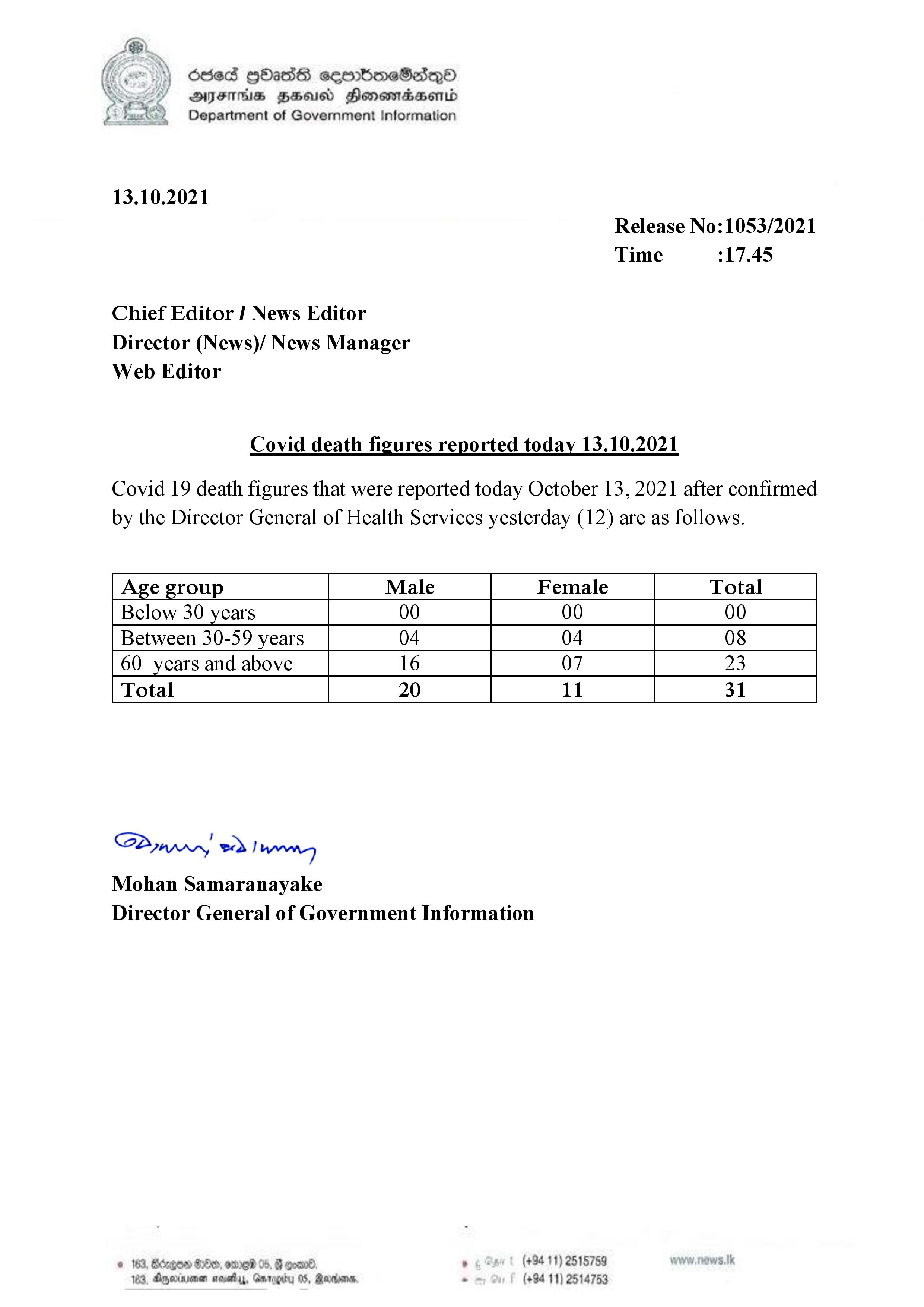
Page 214 of 535